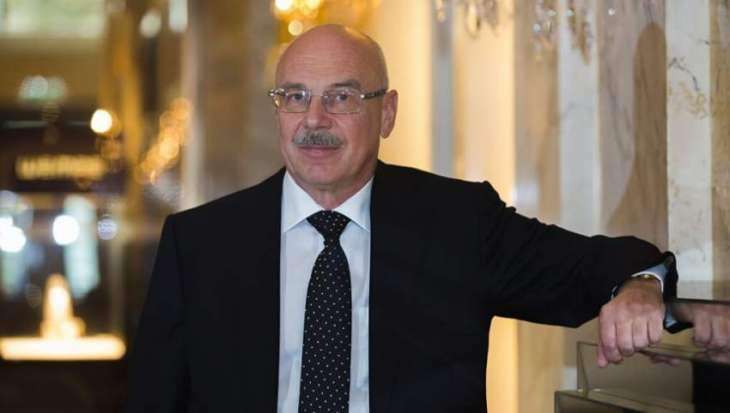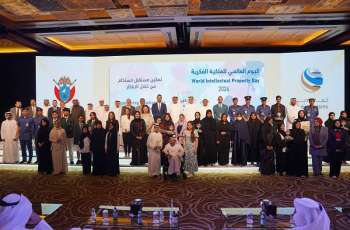Nearly 27,000 foreign fighters affiliated with the Islamic State terror group (banned in Russia) represent an acute threat in Syria and Iraq and continue exploit local grievances, Under-Secretary-General in charge of the UN Counter-Terrorism Office Vladimir Voronkov said on Friday
UNITED NATIONS (Pakistan Point News / Sputnik - 07th February, 2020) Nearly 27,000 foreign fighters affiliated with the Islamic State terror group (banned in Russia) represent an acute threat in Syria and Iraq and continue exploit local grievances, Under-Secretary-General in charge of the UN Counter-Terrorism Office Vladimir Voronkov said on Friday.
"ISIL's [Islamic State's] regional affiliates continue pursuing a strategy of entrenchment in conflict zones: by exploiting local grievances," Voronkov told the UN Security Council. "Due to their high number, foreign terrorist fighters who traveled to Iraq and Syria are expected to continue to pose an acute short, medium and long-term threat, with estimates of those alive ranging from 20,000 to almost 27,000."
Voronkov said the terrorists have continued to re-surge and gain global relevance online and offline by re-establishing capacity to carry out operations after the Islamic State lost its last stronghold in Syria and its leader Abu Bakr al-Baghdadi.
The fighters have become increasingly focused on freeing family members associated with the Islamic State who remain in detention and displacement centers in Iraq and Syria, Voronkov also said.
Meanwhile, most countries have not yet assumed their responsibility to repatriate the detained foreign fighters who hold their citizenship, he noted.
UN member states must regain their Primary responsibility for their nationals in terms of protection, repatriation, gender-sensitive and age-appropriate prosecution as well as rehabilitation and reintegration strategies - consistent with their obligations under international law, Voronkov said.




